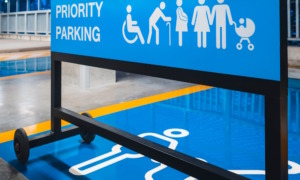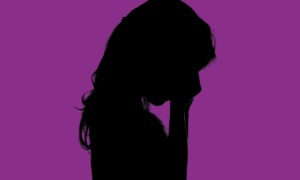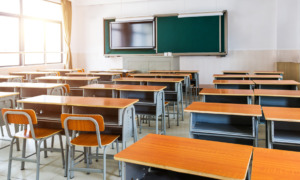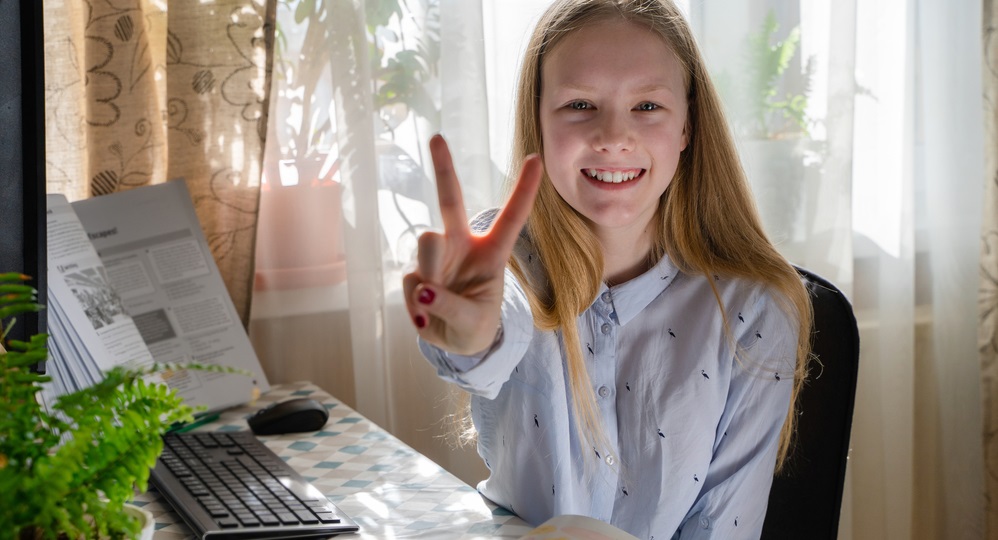 IRSAN IANUSHIS/SHUTTERSTOCK
IRSAN IANUSHIS/SHUTTERSTOCK
We have officially reached the six-month mark of COVID-19 hitting the United States. Our worlds have been turned upside down and each day is filled with reports of the latest news on where we stand with the coronavirus pandemic. For young people with disabilities this emergency has been particularly challenging, and I wanted to know how they are finding support during this time.
Since businesses started shutting down in March, many organizations that offer social interaction and activities to youth with disabilities have closed out of an abundance of caution. Several people I have interviewed have told me they had to move in with family and were lucky to have that option. I asked two young women where they are currently getting support.
McKay Thompson is 20 and lives in Yakima, Washington. She has several disabilities including a neurological disorder called misophonia, which translates to the hatred of sounds. When someone with misophonia hears a trigger sound their brain goes into fight or flight mode. She also has severe depression, an anxiety disorder, PTSD and physical disabilities that she is trying to get diagnosed.
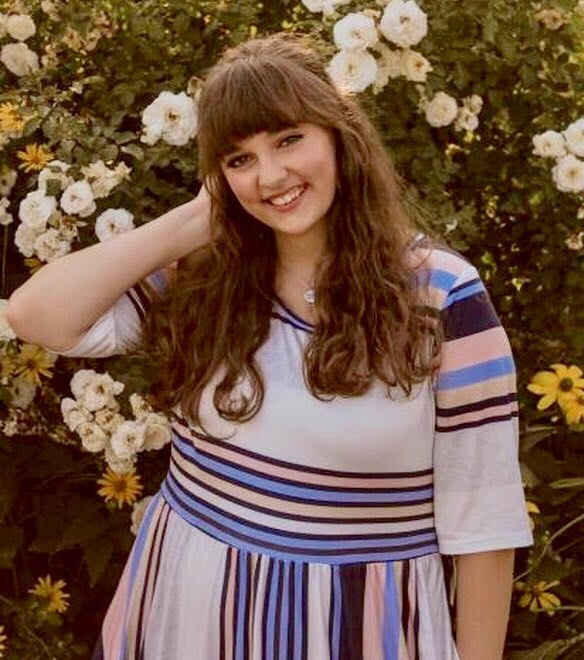
McKay Thompson
She has been getting support from not only her family and friends, but also through an online community and health professionals.
“I FaceTime my friends frequently,” she said. “I have a wonderful friend that drops off flowers, food and gifts for me. Honestly I would say my Instagram account is the biggest way I’ve been receiving support. I found such a wonderful community who has supported me more than I can ever explain. I have a wonderful therapist and psychiatrist that really help me as well. I have an amazing support system.”
The option of video chatting has been a helpful alternative to face-to-face interaction especially for those who live alone. Jenna, who is 29 and declined to use her last name, lives in Denver on a school bus that she has turned into a “tiny house.”
“The Atlantis Community Inc. organization has been a great resource throughout the pandemic (and previously as well) by sending out regular email updates with information and links to programs currently being offered in my area,” she said. “I have also been receiving occasional and extremely helpful support through friends and family.”
Jenna lives with Ehlers-Danlos Syndrome, a group of connective tissue disorders that cause chronic pain, chronic fatigue, autoimmune dysfunction and a number of other systemic health issues. Like other young people with disabilities she is at a higher risk of contracting coronavirus. She feels it is a good change for people in her position that everyone is taking more precautions these days.
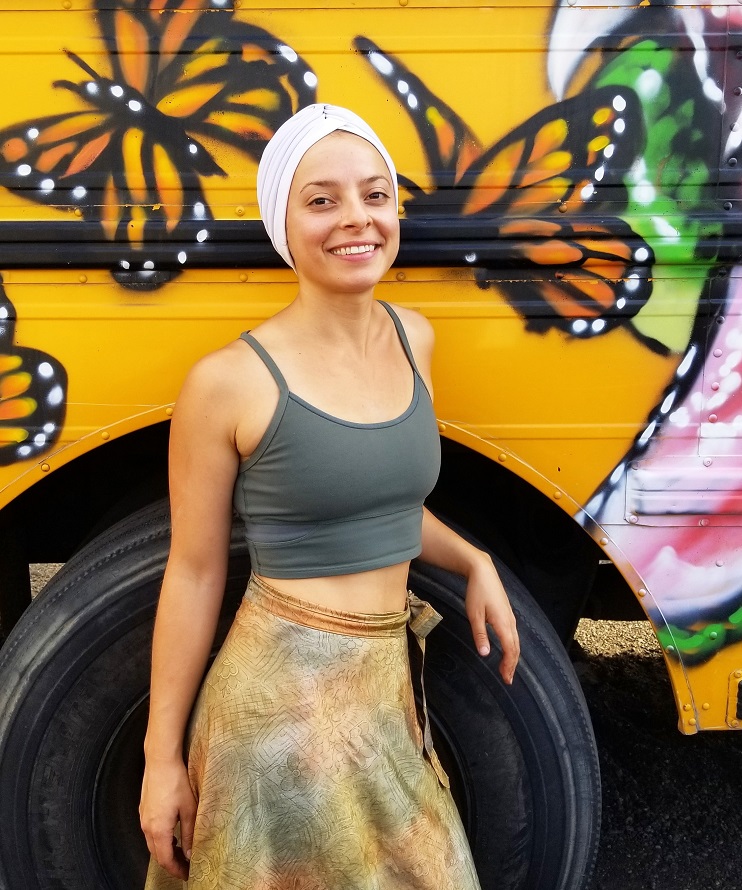
Jenna
“Since I have autoimmune issues, ANY illness can make me very sick, so for many years I have taken extra precautions to avoid becoming unwell. I am fortunate to live alone,” she said. “I do not touch my face or eat with my hands unless I haven’t touched anything else, and I wash my hands frequently. It has been nice that others are finally learning to wash their hands and give personal space to people in public.”
Thompson said the changes she’s made due to the outbreak have actually had a positive impact on her lifestyle.
“In some ways the pandemic has really helped things become more accessible for me. Before this I had never had the option to do telehealth appointments, and in my city most doctors are doing video calls,” she said. “It’s been so helpful to do it in the comfort of my own home, [rather] than spending so much energy every week to go to countless doctors’ appointments. It’s not nearly as draining.”
Although things are constantly changing and we are still having to adapt to stunt the spread of the virus, interaction and support are basic needs for any human being. While we prepare to enter the seventh month of quarantine, don’t forget to reach out to friends and family members to check in. Even a simple call can make a difference.
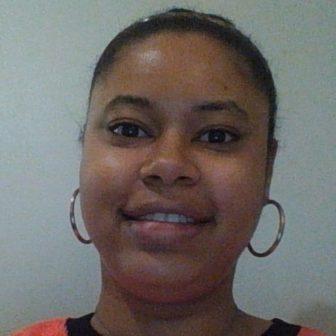
Deandra Mouzon
Deandra Mouzon is a Georgia-based journalist who received a B.A. in journalism from CUNY’s York College. Currently she is working on a publication about youth with disabilities.


